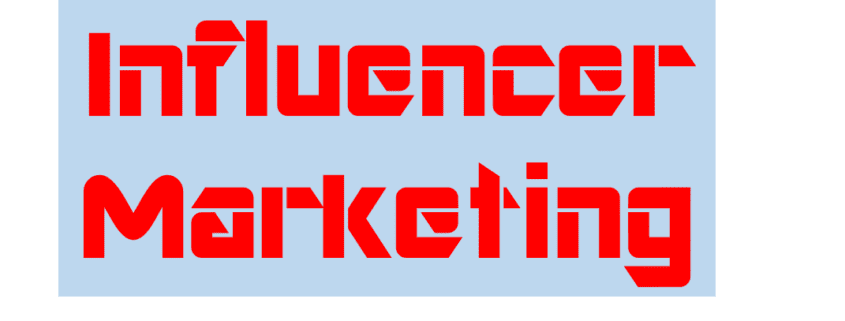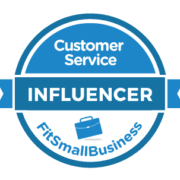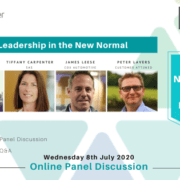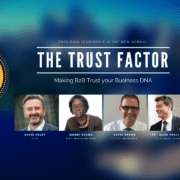Seven ideal characteristics of a B2B influencer
Influencer Marketing is becoming increasingly recognised as an important component in the marketing mix*, particularly with the rise of digitally-enabled customer empowerment and consequential loss of “brand message control” by marketers.
The (simplified) theory goes that if your company’s marketing and direct messaging is less trusted than independent voices (bloggers, vloggers, celebrities, experts, etc.), then recruit some of those voices to either impartially or overtly endorse your own message*.
This has caused controversy in the B2C world where it has been done clumsily through thinly-disguised paid celebrity endorsement* that actually can damage trust rather than build it.
In B2B, however, the concept is not new at all – the independent endorsement of “thought leaders” is a well-established means to enhance product/service credibility and trustworthiness. The key difference vs. B2C is that the influencer has to have genuine experience and/or academic credentials that merit their recognition as an “expert”. Some companies choose to hire such thought leaders (or their existing staff attain that status naturally), but of course independence is lost.
What is new in B2B is the opportunity to amplify the reach and impact of independent influencers through appropriate digital and social media (webcasts, tweet chats, LinkedIn posts, etc.). The content generated can legitimately become the company’s IP, and I have noticed that this is definitely something that could be better utilised in B2B content management. The ethics of the thought leader being paid for their participation/contribution have been questioned, but it seems to me that this is not an issue as long as it’s their time that’s being contracted i.e. not dictating the message, which is just advertising!
As someone who has become recognised as such an influencer (and consequently rubbed shoulders with many more), here are seven characteristics of an ideal independent B2B influencer that I’ve seen in others and aspire to embody myself.
The type of person to engage should:
- have a reach of genuine followers who are real people, many of whom are engaged in similar spheres or professions
- stick to their specialisms (avoiding “expertise creep”), generating genuinely thought leading and challenging content that maintains their independence
- have practical first-hand experience of best practice and be constantly learning about new developments rather than just talk about them, and communicate about practical and achievable application rather than just concepts
- share good content from other sources rather than just be a self-promoter
- guard their independence without being a maverick (unless that’s specifically what you’re looking for!)
- be low maintenance for the client team and their agency – yes there are a few prima donnas out there!
- be commercially sensible and willing to work within budgetary constraints
Influencer Marketing can be extremely valuable in B2B – especially when combined with good content management that maximises the value and longevity of the messages and thought leadership generated.
I hope these seven characteristics help you choose the right influencers to engage for your business.
Please get in touch if we can help.
* There’s some useful wider reading on influencer marketing in the following links:
- Fortune, July 2017 – “Brands are relying on Influencer marketing more than ever”
- Medium, July 2017 – “Is influencer marketing ethical or legal?”
- EVERYWHERE, October 2017 – “The ethics of influencer marketing”
- Customer Strategy in the B2B Membership Sector - May 27, 2025
- Build a B2B Customer Strategy - May 20, 2025
- Should you implement NPS in B2B? - January 22, 2025






